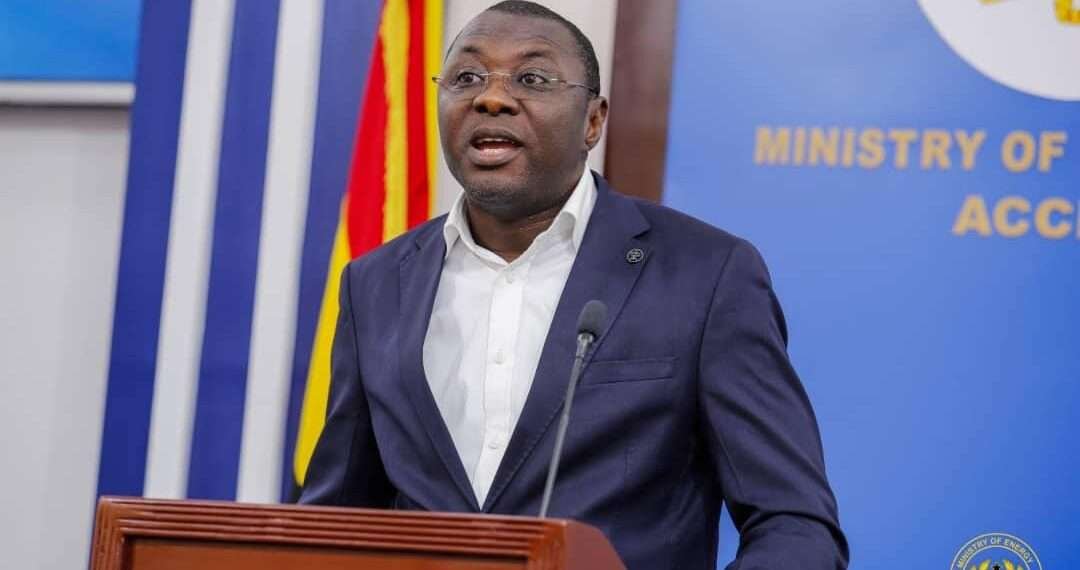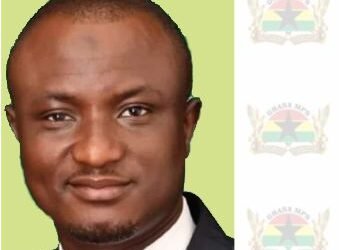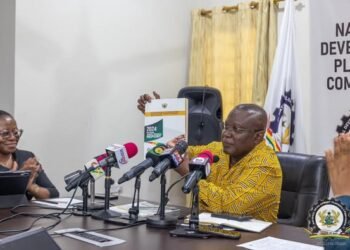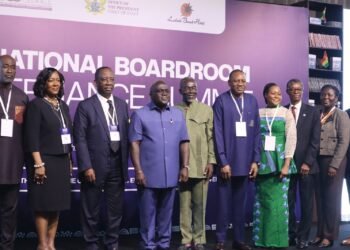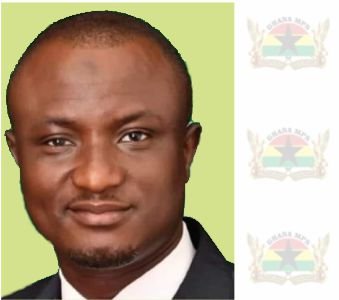As Ghana heads into an election this year under the throes of the International Monetary Fund’s (IMF) Programme, government expenditure, and fiscal discipline have become a concern for citizens and finance experts alike. Moreover, as the austerity measures imposed by the deal bite hard, Ghanaians are struggling to cope with the economic downturn.
Meanwhile, the Government appears to have embarked on a “spending spree.” In the 2024 budget, the Presidency and Chief of Staff’s Secretariat alone got a budget allocation of above GH¢ 1 billion and GH¢277 million cedis. Thus the Managing Director of IMF, Kristalina Georgieva admonished the government to be prudent and frugal with its expenditure.
Adding to the concern of many is the fact that, this is an election year and the propensity for “ reckless” spending is high as pressure mounts on the government to deliver on its promise.
“In an election year, the country must be more than fiscally disciplined to sustain its position. The main lesson from this experience is that you do the right thing now to build the strongest possible foundation for growth for Ghana“
Kristalina Georgieva
In an election year, the government’s demand is enormous. On one hand, there is the pressure to deliver unfulfilled promises just as new demands by multiple political actors and factors surface. On the other hand, there is the tendency of the government to abuse its incumbency and politicize state functions to its advantage. Arguably, both scenarios come with some financial implications.
Furthermore, the recent style of the government whereby Vice President Mahamudu Bawumia commissions digital apps and other initiatives has been questioned. Some consider the “ pomp and pageantry”, in inaugurating those platforms as a campaign strategy, and they bemoan the fact that it involves the use of state human and financial “resources” as needless.
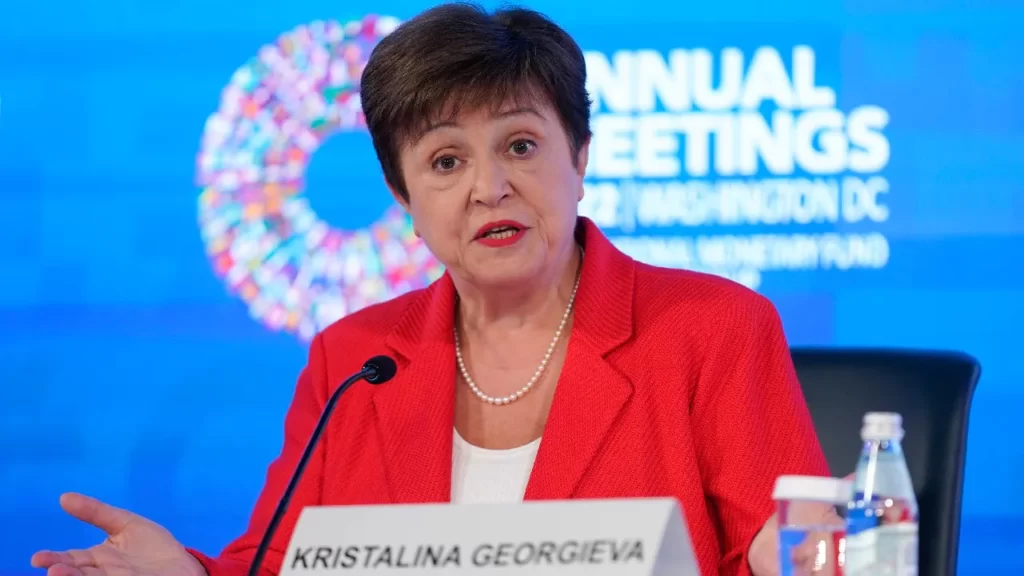
Considering the $8.5 million budget African Cup of Nation (CAN) tournament in neighbouring Ivory Coast, many others are surprised to know that a whopping cost of 47.7 million dollars is being expended on the ongoing All African Games in Accra. The wisdom of spending this much on sporting events while IMF conditionalities have dwindled wherewithal of Ghanaians.
Another major challenge of election year in this part of the world is associated with corruption. Election is very expensive to run and win in Ghana like many other African countries. Office holders fear losing office and going to their previous life. At the campaign front, party faithful and sympathizers expect to be bused to rallies.
Others even make outright monetary demands from politicians and government officials. Aside from the difference of views, their relevance, and benefits, the games and tournaments have had the credibility of the budget questioned and faced with corruption allegations.
To meet expectations, to retain or capture power, apart from the government’s potential to overspend its budget, Individuals in positions of authority and positions of influence sometimes engage in financial malfeasance. These individual activities can make the government unpopular.
General Atmosphere
The All-African Games has kept the country busy. Moreover entering into all the activities has been made free and has engaged the nation. Despite all these, the economic hardship and frustration are palpable on people’s faces. The Power outages are affecting businesses and slowing productivity. Even domestic users are facing long hours of power outages.
The general mood in the country is difficult to ascertain. However, Ghanaians are somewhat reserved when it comes to the issues of political opinions and decisions. With the race featuring two leading candidates from the Northern part of Ghana, it will be a keenly contested race.
Additionally, it is witnessing the participation of a former president on the ballot box in an election for the first time in the history of the country. All these factors raise the stake and the cost. This further increases the tendency for a spending spree that could put Ghana on a collision course with the IMF.
READ ALSO: Accra Reflection Forum: Far Reaching Implications for Development


